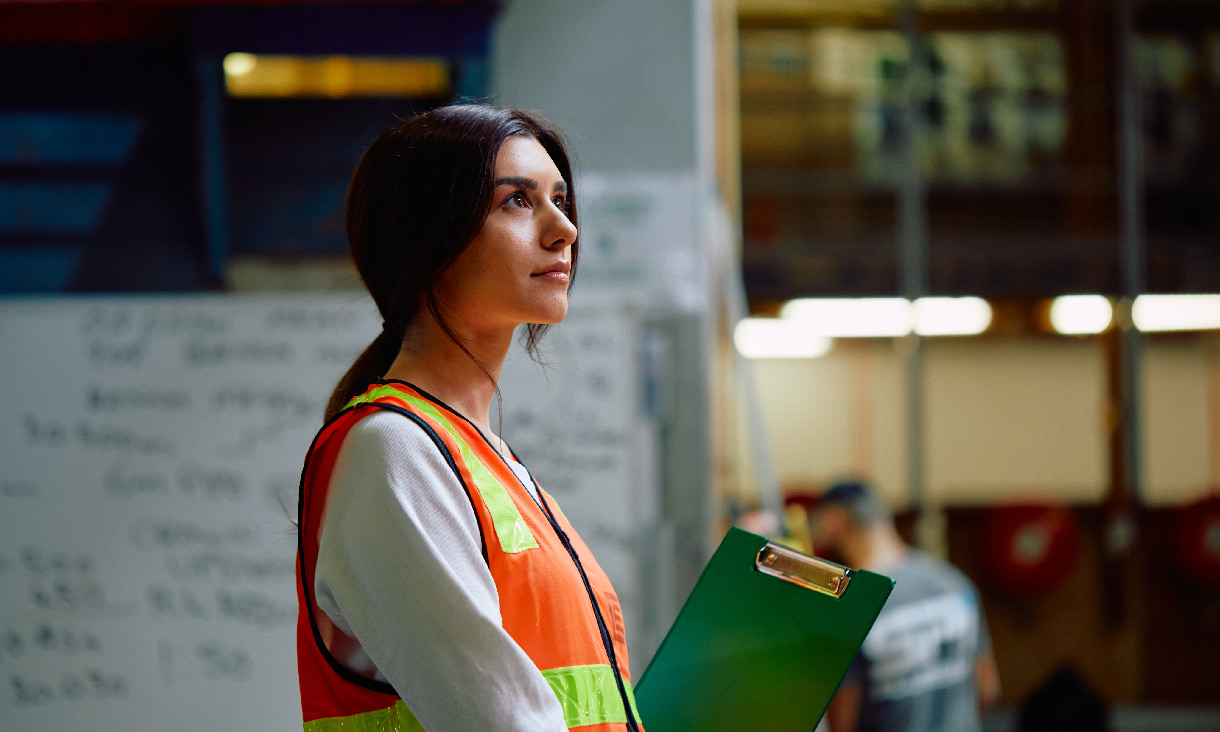- Get your Early Offer application in as soon as you can! Year 12 in Term 3 can get pretty busy and you don’t want to be worrying about applying for Early Offer while stressing about everything else that is going on.
- Plan out which experiences you’ll include for each category, then edit the list down to the best two. This mean that you make sure you get your best experiences that fit the categories rather than just the first ones that come to mind.
- Make dot points on your experiences of things that you want to include before you start writing so that you portray exactly what you want to.
- I would recommend to everyone to have a try at applying for an Early Offer. You’re not going to lose anything by applying, even if you don’t get the Early Offer.
To help you get a grasp of what you might include in your application, Ebony also shared with us the experiences she used in her application.
“In my application, I used my school production, in which I was the lighting technician. I talked about communication and how I needed to communicate to get the show running with the stage manager, director, and backstage, as well as the cast.
“I also used my experience in the senior strings ensemble in Year 12. I used this in the leadership category. I talked about using leadership skills and taking on different tasks while maintaining a high level of schooling.”
We’re excited to see what experiences you include in your Early Offer application! Get peace of mind and take the pressure off your exams by submitting an application today.
Story: Jacob Johnston




